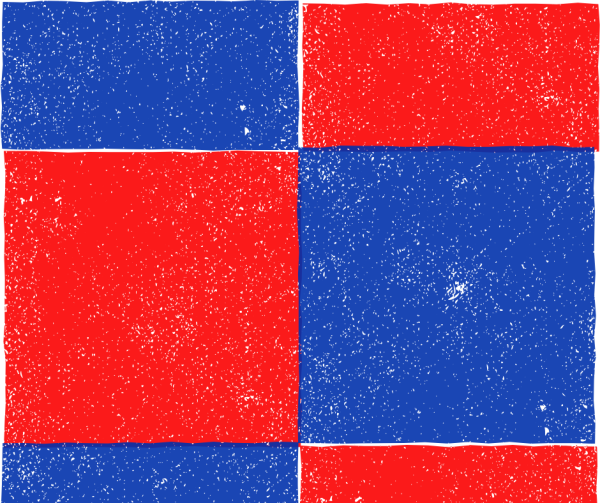Opinion: “Loss.jpg”: 2010s’ meme of the decade

The original “Loss” meme
Though the term “meme” was created in the 1970s, the meme itself didn’t truly flourish until the 2010s. With the increasing accessibility of the Internet and the rapid spread of information, memes entered the world of mainstream pop culture as a means of expression and communication. As their influence grew over time, the 2010s became riddled with memes, until it had become defined by them.
I’ve carefully and extensively analyzed the last 10 years’ running jokes to determine the decade’s defining meme. From “Covfefe” to “Bad Luck Brian,” I scoured the Internet in search of the most endurant, relevant, influential meme.
The award goes to “loss.jpg.”
Perhaps the Internet’s oldest meme, “loss.jpg” exemplifies the nature of memes: blatant mockery and bullying. Tim Buckley’s 2008 comic, part of webcomic series Ctrl+Alt+Del, consists of four panels following the main character Ethan as he enters a hospital, speaks to a doctor, and approaches his fiancee Lilah, who has just suffered a miscarriage.
The comic’s dark tone came out of nowhere: Ctrl+Alt+Del had a reputation as lighthearted and insubstantial, known for bad gamer jokes and cheap-looking art. The heavy content of “loss.jpg” shocked viewers.
As people tend to do, Internet-goers of 2010 found it hilarious and gave it a life of its own as a running joke.
Buckley also reveals the storyline is based on his own experience in college, when his girlfriend at the time suffered a miscarriage of her own – pushing the memeification of “loss.jpg” (which had become less about its uncharacteristic sadness and more about the comic as a whole) past the label of “stupid and immature,” straight into “mean.”
But “loss.jpg” is insensitive, one might argue. Its origins are callous and rude; there’s no way it could encapsulate the glorious meme culture of the 2010s. Why, then, would I award it the meme of the decade?
Trick question. “Loss.jpg”’s cruelty is precisely what crowns it the meme of the decade, because meme culture is characterized by a disregard for the thoughts and feelings of others.
The mockery of Kim Kardashian’s Paper Magazine cover in 2014. Fergie’s 2018 cover of the national anthem. 2017’s “mocking SpongeBob” meme. The treatment of Harambe’s death in 2016. More recently, the jeering scorn exhibited in this year’s “OK, boomer.”
The memes of the past 10 years all share one common characteristic: a base in poking fun at – and oftentimes harming – one another. In celebrities, political figures, and murdered gorillas, we find something to laugh at. We love making fun of one another, and our meme culture has long reflected that.
Thus, “loss.jpg” is the perfect meme to embody the 2010s. Not only is it the longest-running, and one of the most universally understood, memes of the decade. Its existence as a meme comes at the expense of somebody else – of a man using art to tell an incredibly painful story from his own life – more so than the accusation that Ice Cube’s real name is “Icelandic Cubicle,” or any other meme for that matter.
“Loss.jpg,” besides withstanding the test of time by remaining relevant for more than 10 years, embodies every aspect of meme culture. It is absurd. It is universally understood. It is easily adapted into countless contexts.
Above all, it is rooted in bullying. It is the perfect prototype of meme culture for innumerable reasons, more so than the fleeting “the dress” debate or the nonsensical, meaningless “Nyan Cat.” It is a symbol, the face of a cultural niche. It is 10 years in four panels, found in every corner of the Internet and adored by all its users. “Loss.jpg” is a meme and more.
Goodbye, 2010s. Thanks for the memes.





